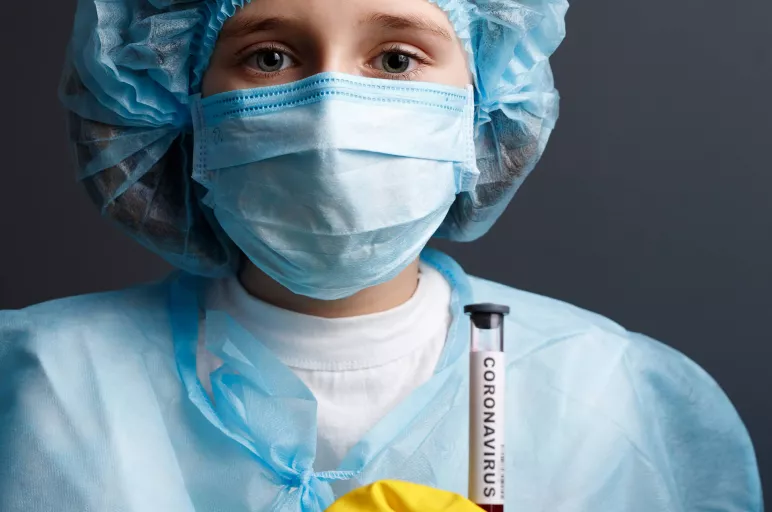
The Impact of COVID-19 on the In-Vitro Diagnostics Industry
April 17, 2020 | Pharma and Life Sciences 3 minutes read
The epicenter of COVID -19 has shifted from Wuhan to Italy then Spain and finally, New York. There has been a chronic shortage of diagnostics in these countries and a high demand for quality testing equipment. Testing remains a crucial step in controlling the COVID-19 pandemic. As the number of cases increase, governments across the globe are exploring the possibilities of allowing private laboratories to ramp up testing.
The immediate detection of COVID-19 cases requires the wide availability of diagnostics to control the rapid spread of the virus. On February 4, 2020, the U.S. FDA issued a new policy to expedite the availability of diagnostics. A public health emergency was determined, justifying the authorization of emergency use of in-vitro diagnostics (IVDs) for the diagnosis of COVID-19.
Types of IVD Testing Kits Available
-
Molecular Assays:
These are the most widely adopted diagnostics tests for COVID-19. Molecular diagnostic assays are meant to detect the presence of viral RNAs that are very specific to the SARS-CoV-2 virus, which causes COVID-19. Polymerase chain reaction (PCR) is the process involved in these assays -
Immunoassays:
ELISA (enzyme-linked immunosorbent assays) is a type of immunoassay that has a greater advantage over PCR. Antigens and antibodies are considerably more stable than RNA, thus reducing the chance of false-negative results. Antigens and antibodies are more uniform in sputum and blood samples increasing its testing efficiency. There are nearly 200 immunoassays currently in use or in development. -
Digital Solutions:
Digital solutions are currently in development to monitor and track the development of COVID-19, such as InferRead CT Pneumonia by Beijing-based Infervision Technology, which detects lesions from possible pneumonia. Breath biomarkers are under development that can detect and track the virus.
COVID 19 Impact — Key Needs in the Global Market
A number of diagnostics firms are ramping up their production of diagnostics kits and personal protective equipment (PPE). The COVID-19 outbreak in China is now increasingly under control, which is leading to a fall in domestic demand for diagnostics in China. Thus, China is now exporting diagnostics kits and other PPEs to countries across the globe. More than 100 Chinese companies are selling coronavirus testing kits to Europe. A Chinese company, BGI, is producing around 600,000 kits a day and has become the first company in the country to grant an emergency approval to sell their fluorescent real-time PCR tests in the U.S.
In a global pandemic, it is not feasible to go through a lengthy approval process for each novel diagnostic. The Emergency Use Authorization (EUA) authority allows the U.S. FDA to look after public health protection against COVID-19 by facilitating the use of required medical supplies. For instance, on March. 12, 2020, Roche Diagnostics received the EUA (Emergency Use Authorization) for its novel coronavirus diagnostic test — cobas® SARS-CoV-2 Test — from the U.S. FDA, which will be soon made available in India.
In-Vitro Diagnostics (IVDs) have always been essential in the detection of infectious diseases. A number of molecular assays and immunoassays are in place currently to detect COVID-19 but quality diagnostics that provide faster and accurate test results is the need of the hour.
Sources:
- https://www.finddx.org/covid-19/pipeline/
- https://www.who.int/csr/disease/coronavirus_infections/InterimGuidance
- https://www.businesstoday.in
- https://www.scmp.com/economy/china-economy/article/3077314/coronavirus-china-ramps-covid-19-test-kit-exports-amid-global
- https://www.businessinsider.in/science/news
- www.mdpi.com
- www.economictimes.indiatimes.com



